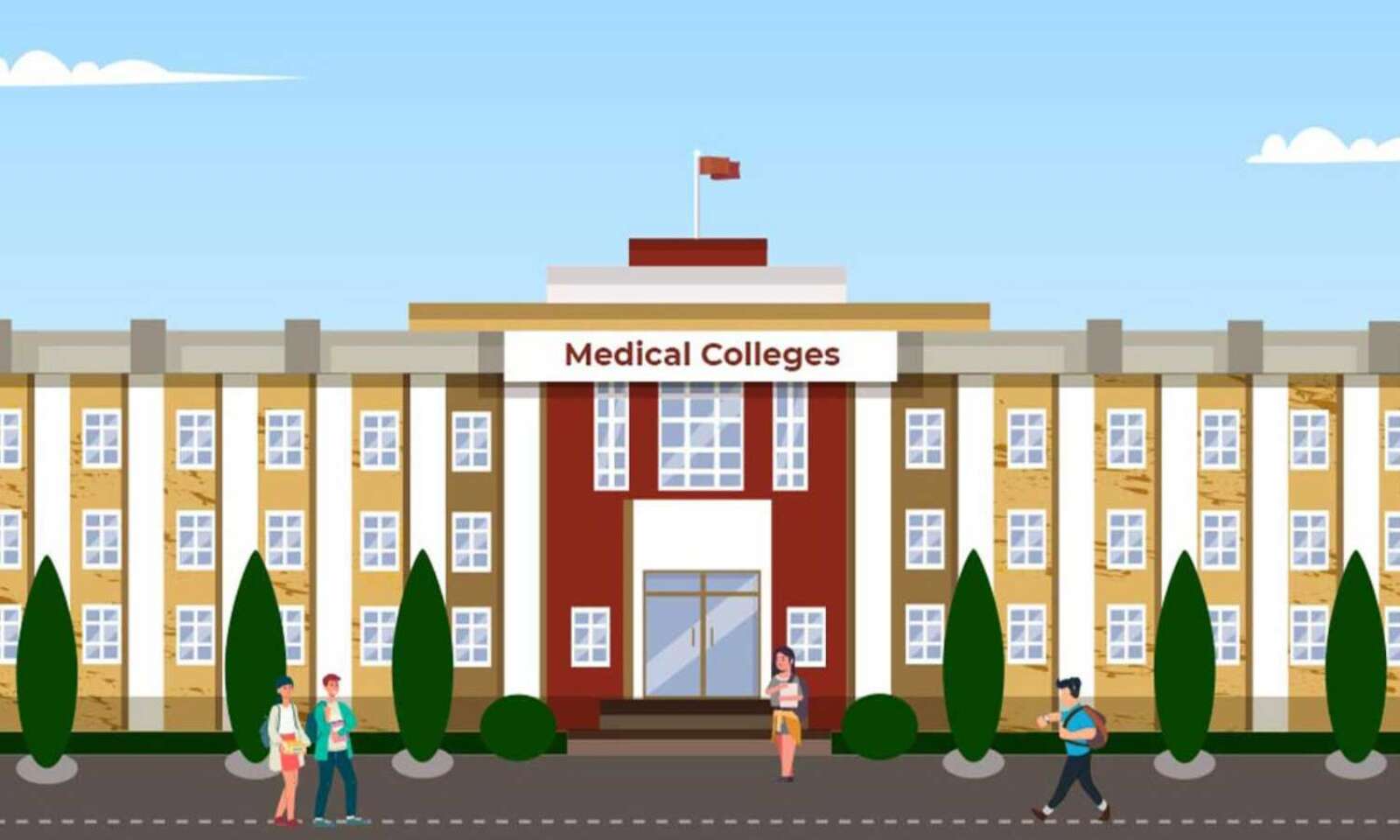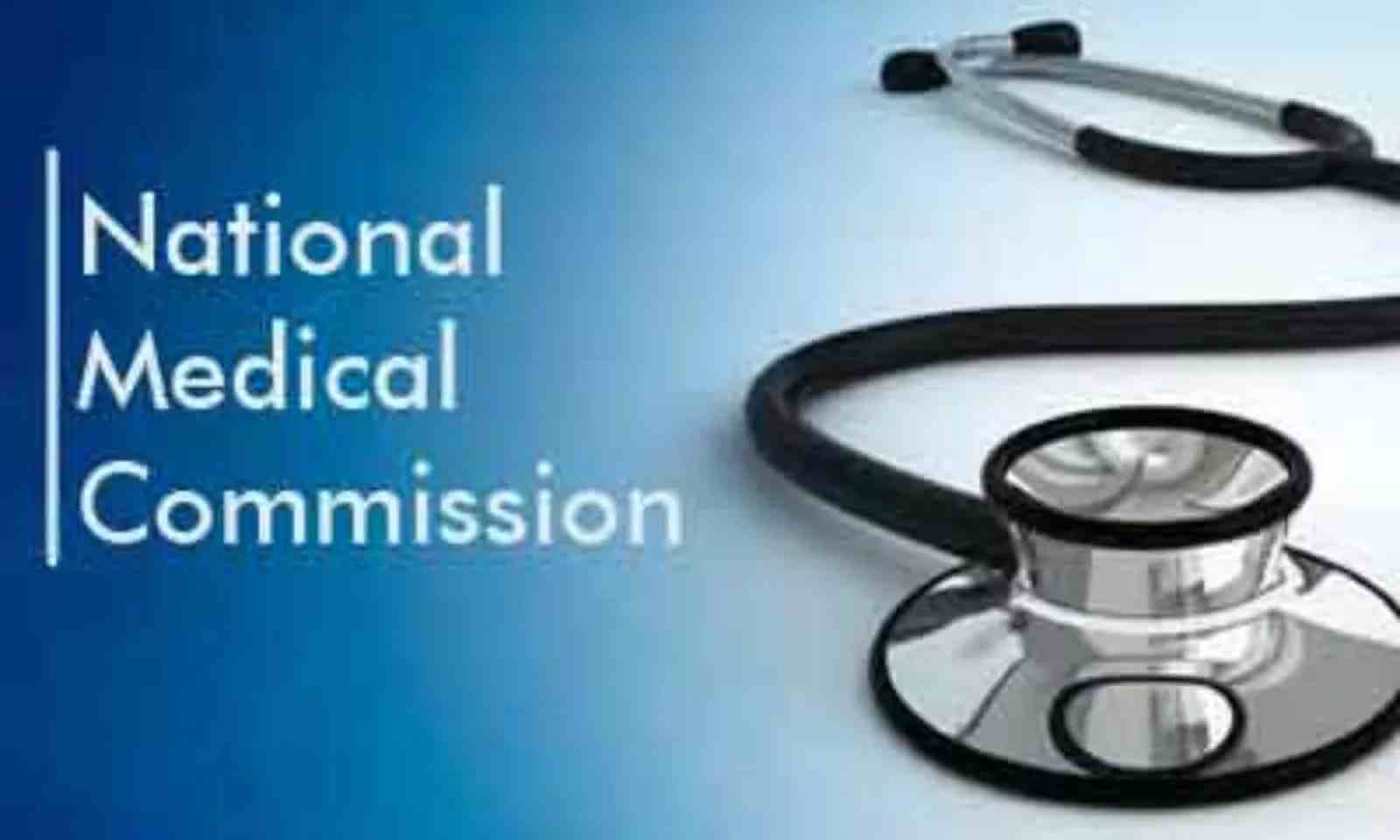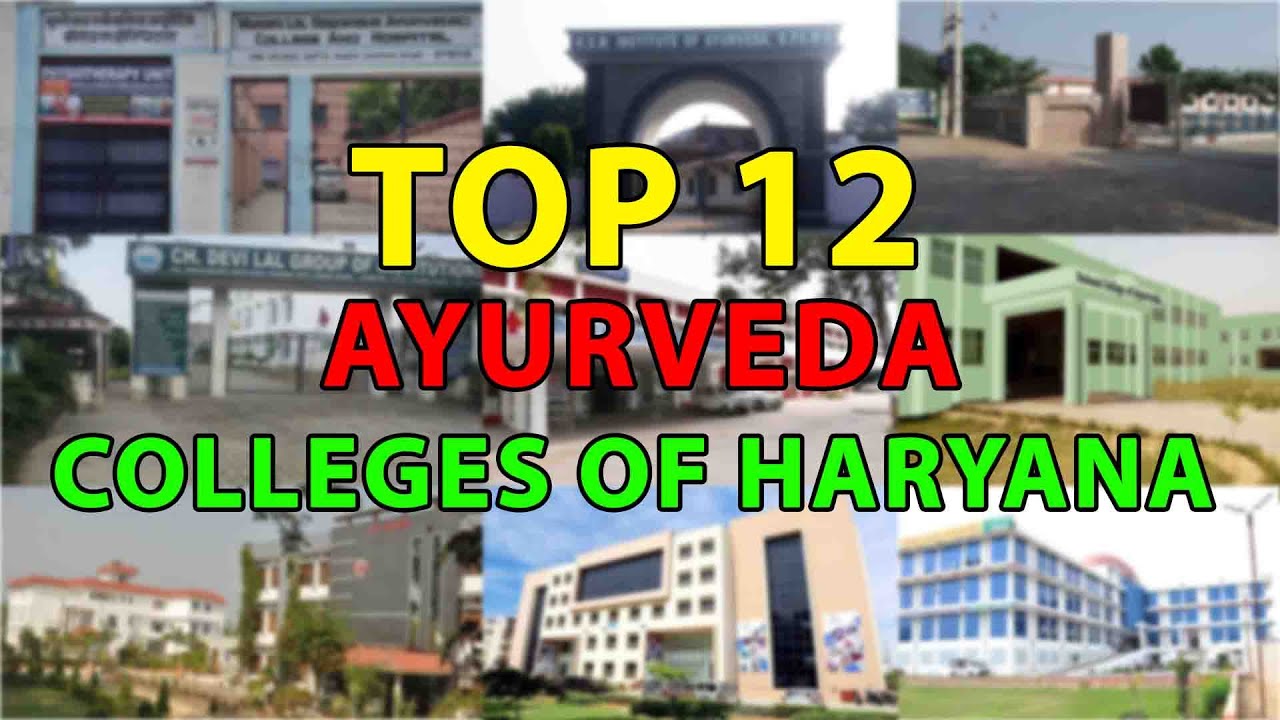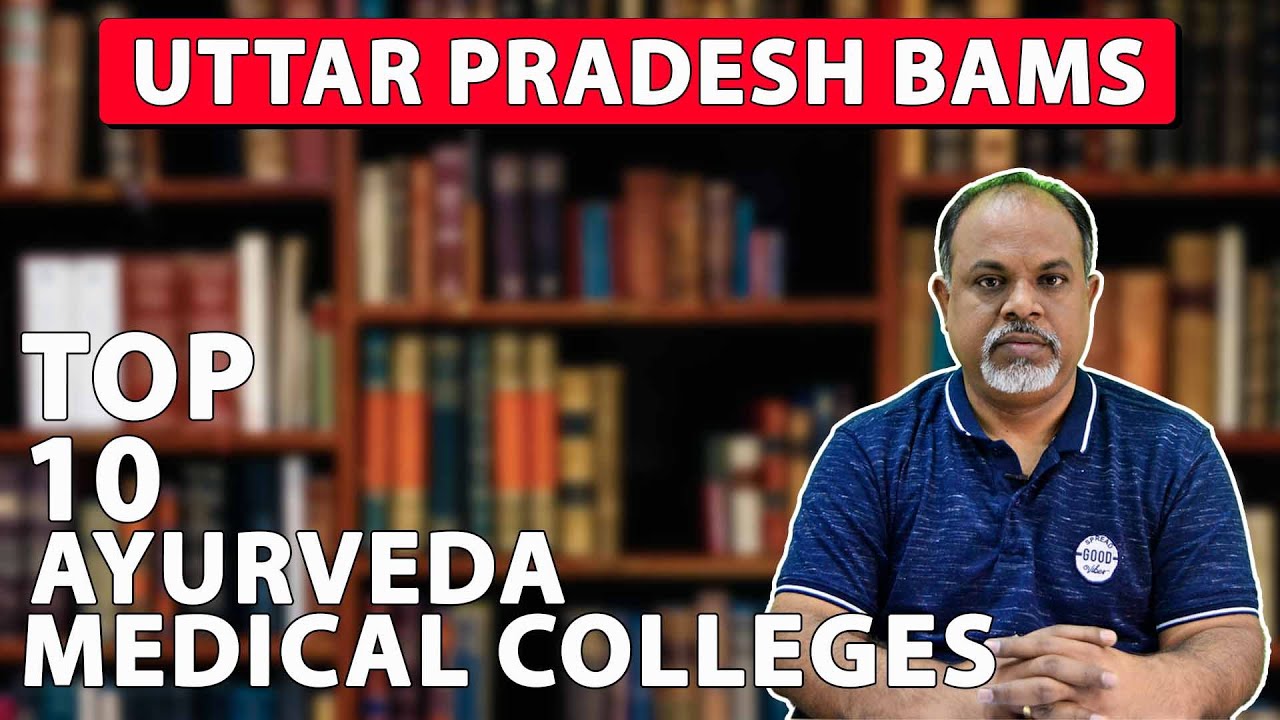Challenging Centralized MBBS Counselling: Tamil Nadu’s Stand
Tamil Nadu recently adopted a strong stance opposing the Graduate Medical Education Regulations, 2023 put into effect by the National Medical Council (NMC). These laws call for centralised MBBS counselling at all Indian medical institutes. Authorities in Tamil Nadu counter that the National Medical Commission Act, 2019, which requires states to undertake counselling for the state quota seats, is in conflict with this strategy. In this essay, we examine the effects of these restrictions, how they contradict with the law as it is, and what steps the state has taken to protect its rights during the medical admissions process.
Regulations for Graduate Medical Education, 2023
The Graduate Medical Education Regulations, 2023, which were released by the Undergraduate Medical Education Board on June 2, 2023, set forth the implementation of common MBBS counselling for admission to graduate programmes in medicine at all Indian medical institutions. The National Eligibility Completion Entrance Test – Undergraduate (NEET-UG) merit list would serve as the main foundation for admission.
The regulations suggest that the central government create a designated authority to carry out common MBBS counselling and choose the type of counselling for all undergraduate seats. Transparency will be maintained while the admissions process is streamlined.
The opposition in Tamil Nadu
However, Tamil Nadu maintains that the National Medical Commission Act of 2019 and the Graduate Medical Education Regulations, 2023 are incompatible. The designated authority of the Central Government is responsible for conducting common MBBS counselling for All India Quota seats, whereas the designated authority of the State Government is responsible for conducting MBBS counselling for seats at the state level, as per Section 14(3) of the Act.
Tamil Nadu’s state authorities are adamant that the laws violate their rights and are in conflict with the National Medical Commission Act. They contend that in order to preserve autonomy and support the current quota system, the state should continue to be in charge of MBBS counselling for state quota seats.
Legal Actions and Options Research
Tamil Nadu has chosen to file a lawsuit against the National Medical Council in order to defend its rights and contest the rules. To make sure that the Graduate Medical Education Regulations, 2023 do not infringe upon state rights, state officials are diligently investigating all legal possibilities.
The National Medical Commission Act, 2019, which requires state-conducted MBBS counselling for the state quota seats, is something that the state adamantly argues the laws should be in line with. Tamil Nadu intends to protect its independence in the medical admissions procedure and exert its control over the state quota seats by taking legal action.
Having conversations with central authorities
Dr. Atul Goel, director-general of health services (DGHS), spoke with state health officials in March and suggested that all seats at public, private, and recognised institutions have uniform counselling from the medical counselling committee. The goal was to streamline the admissions procedure and reduce seat obstruction.
Tamil Nadu, on the other hand, adamantly disagreed with the idea of shared MBBS counselling and sent a letter to the federal government expressing their disapproval of the proposal. The Centre answered, noting that there will be no shared MBBS counselling, according to health minister Ma Subramanian, who confirmed the response. However, in response to questions concerning the new rules, the minister emphasized that the state opposes NEET (National Eligibility cum Entrance Test) and stresses that the Centre cannot interfere with the state’s rights and obligations in regard to medical admissions.
Assuring Admissions Under State Quota
The position taken by Tamil Nadu also includes making sure that the state’s rules and quota system are followed while admitting students to state-reserved seats. The state has sought the federal government to suggest a nodal officer in charge of ensuring that the state’s quota is followed and that fair and proper admission procedures are followed.
Tamil Nadu’s choice to contest the Graduate Medical Education Regulations, 2023 demonstrates its desire to uphold its control over the admissions procedure. The state is adamant that the regulations violate its authority and run counter to the law as it is. Tamil Nadu intends to uphold the established quota system and ensure that MBBS counselling for state quota seats is performed in accordance with state legislation by exploring legal options.
It is yet unclear how this dispute will be settled as the negotiations and legal procedures go. To meet the concerns of both parties while guaranteeing a fair and open admissions process for prospective medical students, the federal and state governments must come to an agreement.































